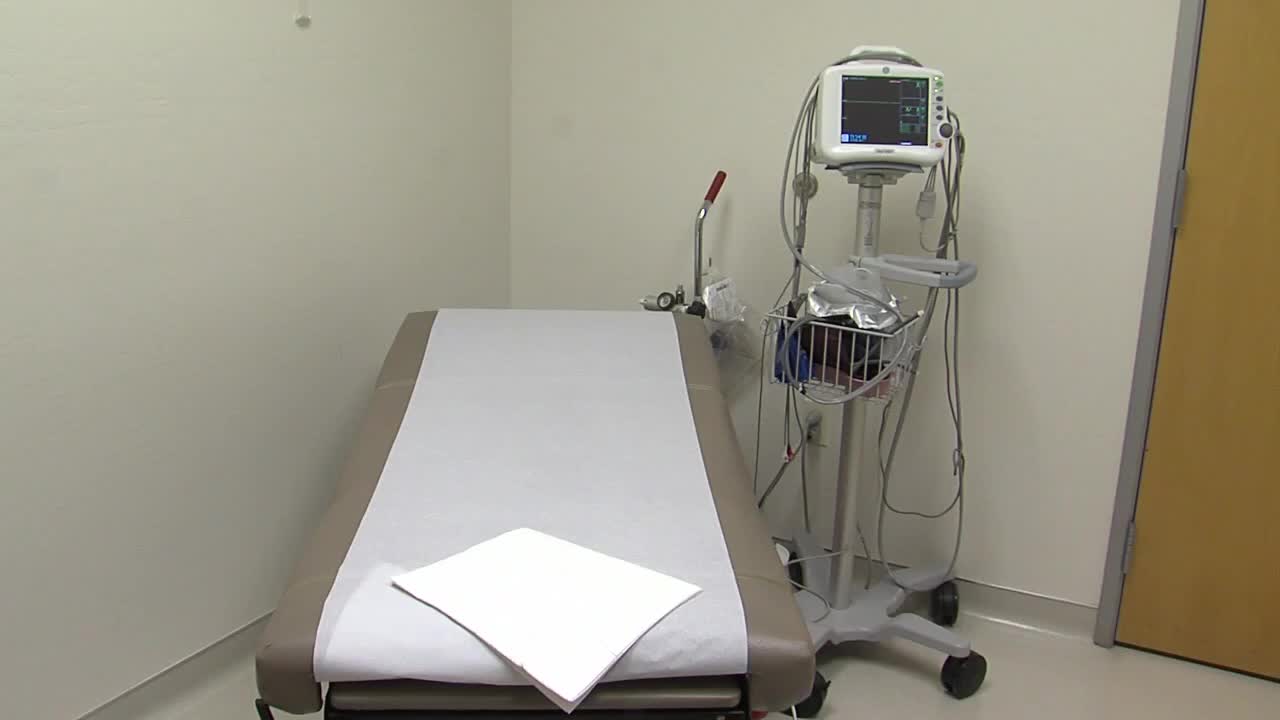CHANDLER, AZ — Arizona’s shortage of obstetricians and gynecologists is worsening, warns a women’s health provider.
Three counties in the state currently have no OB/GYNs, and another six have only one each, according to MomDoc, an obstetrical and gynecological health provider with offices around the Valley and in Show Low.
“I mean, the problem is definitely getting worse,” Dr. Jennifer Shaw told ABC15. “We need to start addressing this.”
Shaw, a MomDoc OB/GYN who practices in Queen Creek, sees plenty of patients who travel to the Valley for care from Globe.
“That can be a significant burden for them, financially and time-wise, especially when they have other children and commitments, she said. “And then, of course, there's like the uncertainty about delivery and whether or not they'll be able to make that trip when they're laboring.”
She also sees the state’s shortage in her own office. The hospital where she practices now has only three OB/GYNs, down from 12 in 2012.
“We're seeing practitioners leave the field earlier, and they're retiring earlier, and we're not recruiting the number of physicians that we used to be,” Shaw said.
The lack of OB/GYNs also means practicing doctors have larger patient loads, which can lead to burnout, she said.
A shortage of doctors
Arizona overall has a shortage of physicians. Telehealth has helped alleviate that deficit in some care areas, but it’s less useful in obstetrics and gynecology because of the importance of in-person office visits.
“Things like ultrasound can't be done over telehealth,” Shaw said. “A lot of the interactions that happen with cervical exams and the lab testing that are done are not appropriate for a telehealth encounter.”
The governor signed legislation passed earlier this year that requires public medical schools, such as the University of Arizona College of Medicine, to give qualified, in-state applicants an interview.
State Sen. Carine Werner, a Republican who represents Legislative District 4, has said she sponsored Senate Bill 1727 because Arizonans who earn their undergraduate degree out of state often have issues getting an interview when they apply to medical school in Arizona.
“Due to the medical shortages that we do have in this state, this is an opportunity to build a bench and try to build ... from the bottom up,” she said when the bill passed the Senate on Feb. 26.
The bill takes effect Dec. 31, 2026.
Shaw said more needs to be done, adding that a community effort is needed to address shortcomings in the state’s health care system.
“It is going to take effort from many different people in many different aspects to help change the tide,” she said.





